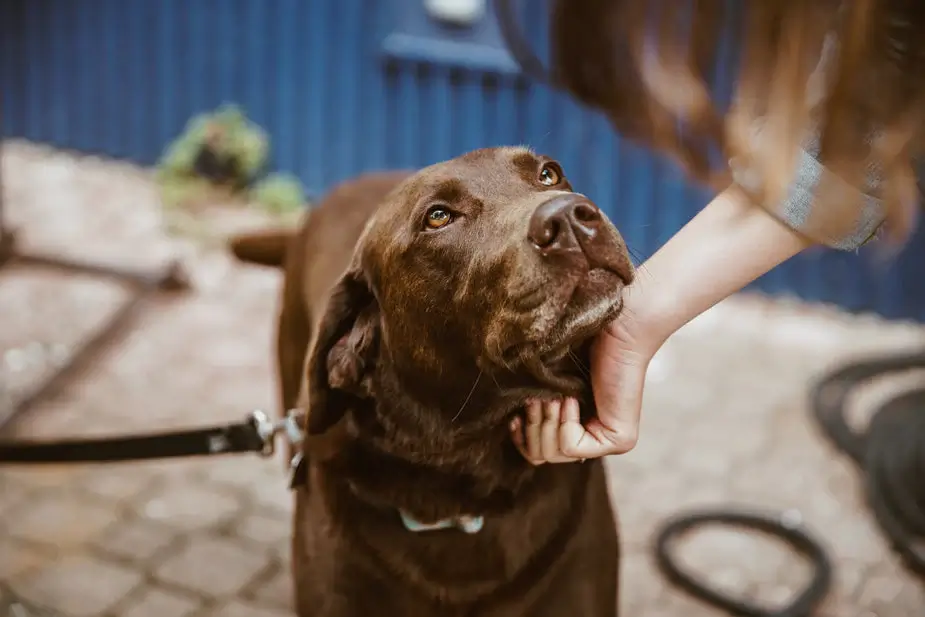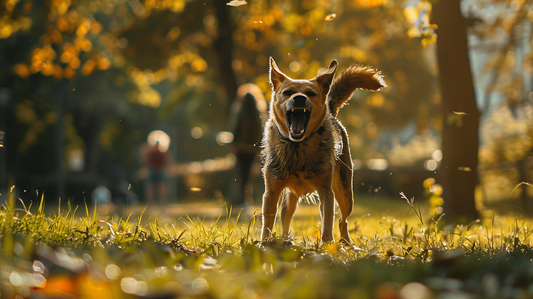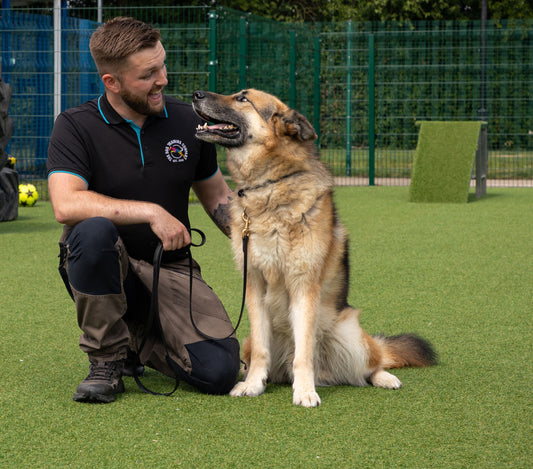
Need A Guide to Successful Dog Training?
Teach
Teaching your dog is the foundation of all dog training. Before you can expect your dog to understand what you want from them, you must teach them the exact way in which you would like them to behave in a specific scenario. Whether it’s teaching your dog to sit, stay, or walk on a leash, it’s crucial to be patient and consistent when teaching.
Test
Once you’ve taught your dog a specific behaviour or task, it’s time to test your work together. Your dog will tell you if you’ve done a good job. If not, it’s important to go back to the teaching zone and reevaluate your approach.
Feedback
Providing feedback to your dog is crucial to shaping their behaviour. Once you’ve taught your dog what you want them to do, and tested them on it, you can begin to give feedback on their choices. If they make a choice that suits you, positively reinforce it. If they make a choice that doesn’t suit you, you must help them understand this. And if their choice is neutral, simply ignore it.
Repeat
Repetition is key to successful dog training. The more you practice a behaviour with your dog, the better chance they have of mastering it. It’s important to provide close supervision during repetition to ensure that your dog is making progress.
Enhance
Once your dog has mastered a specific behaviour, it’s time to enhance the training by making it more difficult. This could mean longer time frames, introducing more outside stimuli, or providing less attention from you. By gradually increasing the difficulty of the task, you can help your dog develop their skills and gain more positive results.
In conclusion, successful dog training requires patience, consistency, and a clear understanding of the principles of teaching, testing, feedback, repetition, and enhancement. By following these principles, you can help your furry friend become a well-behaved, obedient, and happy companion. Before beginning any training, it's important to fully understand your dog's behaviour and any root causes.
All our training begins with a 1-hour assessment followed by a recommendation from your dedicated trainer as to which package your dog would most benefit from. Take the first step towards the dog you've always dreamed of.







